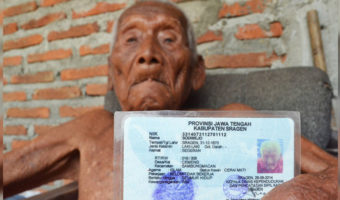Ichiran, the Japanese Restaurant for Introverts Lets You Eat Ramen Without Talking to Anyone
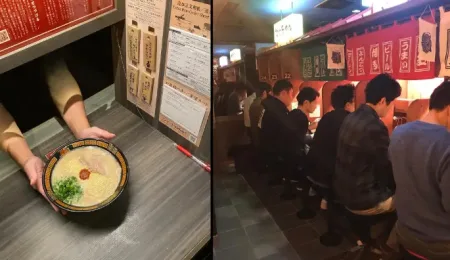
Do you prefer not to engage in any conversation while dining out? Or maybe you find it unsettling if someone watches you while you eat? From placing orders to settling bills, does any form of interaction dampen the eating mood? If you truly embody the essence of a solo diner, then you would love “Ichiran,” the Japanese restaurant for introverts.
Here, you order, pay, and eat without having to interact at all.
Table of Contents
Welcome to Ichiran, the Japanese restaurant for introverts.
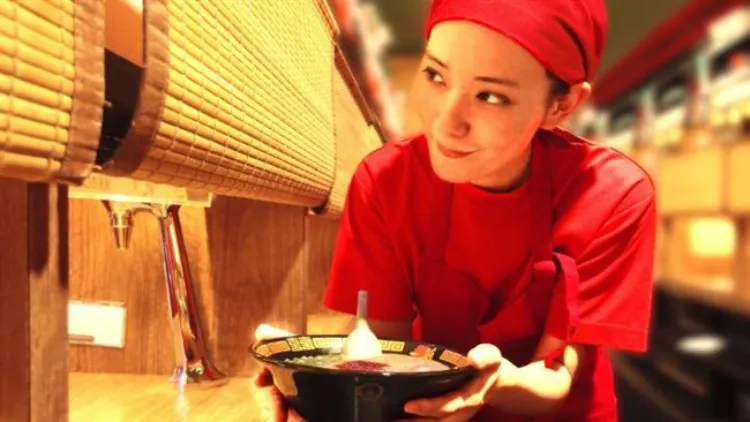
Ichiran is every introvert’s dream. When you eat here, you don’t need to talk to anyone, not even the waiters. You can order from a vending machine, eat in a private booth where the chef hands you your food through a screen, and enjoy your food without distraction.
So, how does Ichiran work?
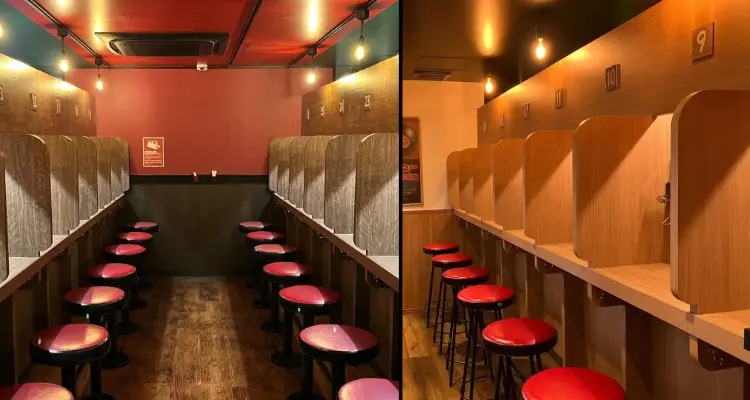
Ichiran’s concept of solo dining is straightforward. Upon entering, there are vending machines with multiple language options. Once the order is placed, the customers wait in line for an empty booth visible on a light-up panel before they walk into the seating area. These booths are private, with each table separated from the adjacent ones by a screen. Once seated, the customers have the option of customizing the order according to their liking. They can choose spice levels, noodle texture, flavors, and ingredients, as well as the kaedama ( refilling noodles without paying double). When ready to order, the diners press a call button.
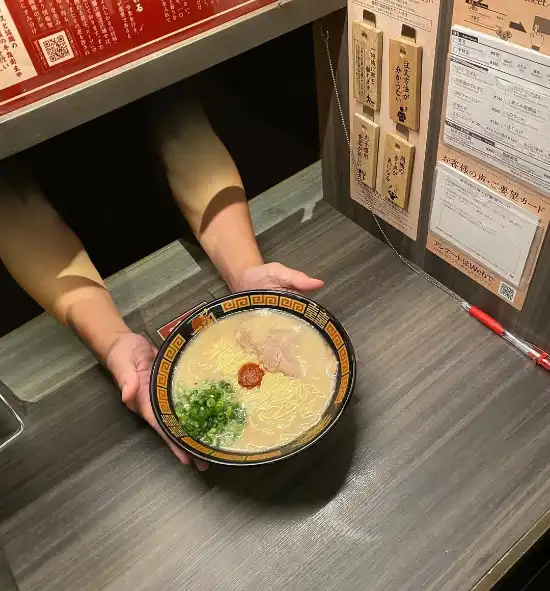
The chef takes the customized order, and once the food is ready, it is served through a little window or screen in front. The chef makes a deep bow to show appreciation and leaves you alone for the rest of the meal. There are wooden cards you can use to communicate if you need to. For example, “I need a kid’s bowl,” “It is noisy,” and “I am leaving my seat for a moment.” There are chopsticks, a napkin, a water tap, and a cup, all neatly arranged in the self-sufficient booth.
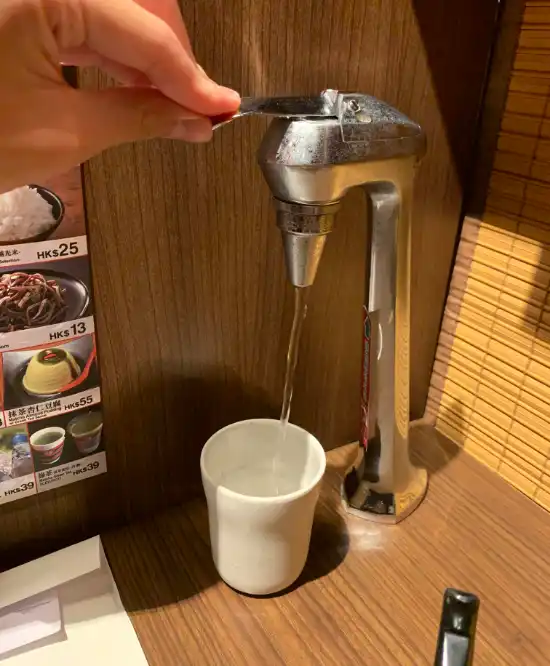
In Ichiran, everyone respects the diner’s wish to have a peaceful meal, concentrated solely on the food. However, you can open the booth to eat with a companion if you want. Mostly, the only noise from the booths comes from slurping the noodles, the most authentic way to enjoy ramen.
The solo dining concept is the brainchild of Manabu Yoshitomi.
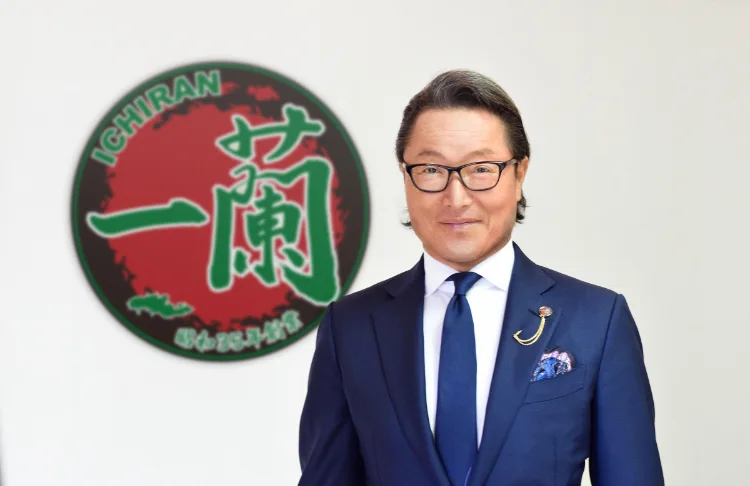
The story began in the 1960s in Fukuoka, Japan, when Ichiran was a modest family-run ramen stall called Futaba Ramen. Later, it was conceptualized and renamed “Ichiranâ€Â by Manabu Yoshitomi, its founder and CEO, who debuted its pioneering concept store in 1993.
Today, Ichiran has evolved into the leading expert on Tonkotsu ramen worldwide, with multiple restaurants in Japan and the USA.
Manabu Yoshitomi popularized Ichiran with the “five originals” of Tonkotsu ramen, which he incorporated into the dining style. The foremost among the five remains the solo dining booth concept that has gained immense popularity and grabbed worldwide attention.
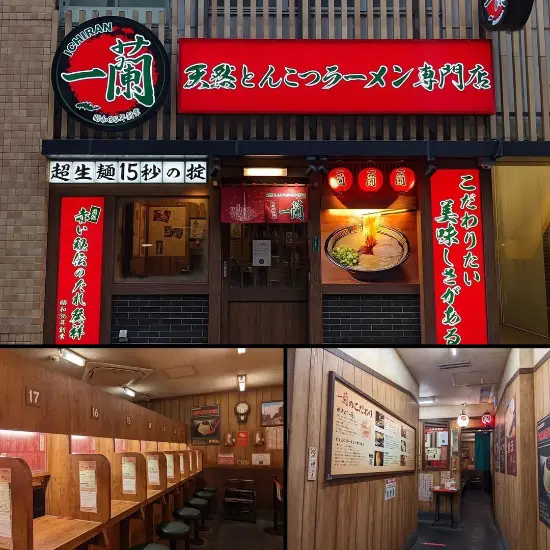
The other four are the original spicy red sauce, the aromatic tonkatsu broth, the customization order forms, and the kaedama ordering system.
According to Yoshitomi, his unique, solo dining concept was created to shift the diner’s focus entirely to the experience of relishing the most authentic, best-quality ramen brimming with flavor. A flavor, he believes, can only come from using the finest handpicked ingredients, masterful techniques, and the family’s culinary secrets.
Why is eating alone so popular in Japan?
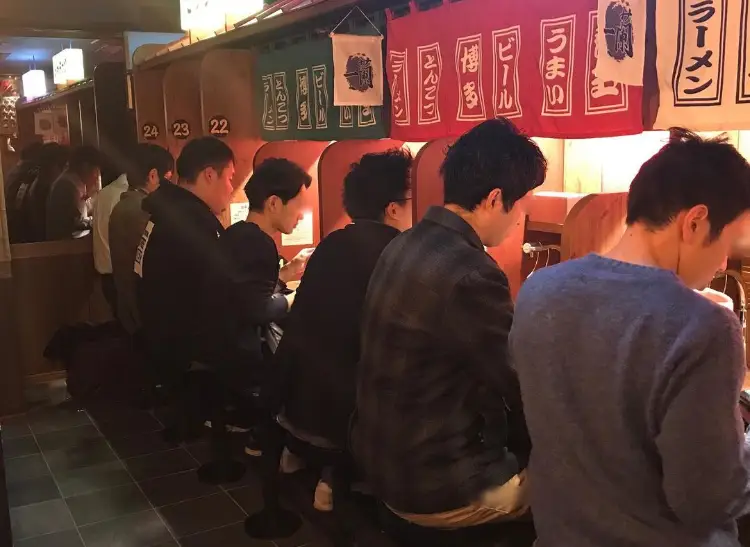
Japan, a nation famous for prioritizing group interests over individual desires, has surprisingly shifted towards a super-solo cultural trend, popularly called “ohitorisama,” which means “one person.†This solo culture has become so popular over the last few decades that businesses offer new services to cater to soloists, and solo dining has flourished.
The working hours are usually long, often stretching to 18 hours. Men work late and dine out to avoid late dinners at home. Restaurants, especially noodle bars, have consequently become single-diner friendly.
Japan’s shifting demographics have also supported this cultural trend. The population of Japan is shrinking, with a growing elderly demographic and an increasing number of young people choosing to remain single or couples opting not to have children. The number of single-person households in 2020 accounted for almost 38% of total households in the country. Projections suggest that by 2040, nearly half of Japan’s adult population will live alone. Long working hours leave little time for socializing with friends or family, making solo dining a convenient choice, especially near workplaces.
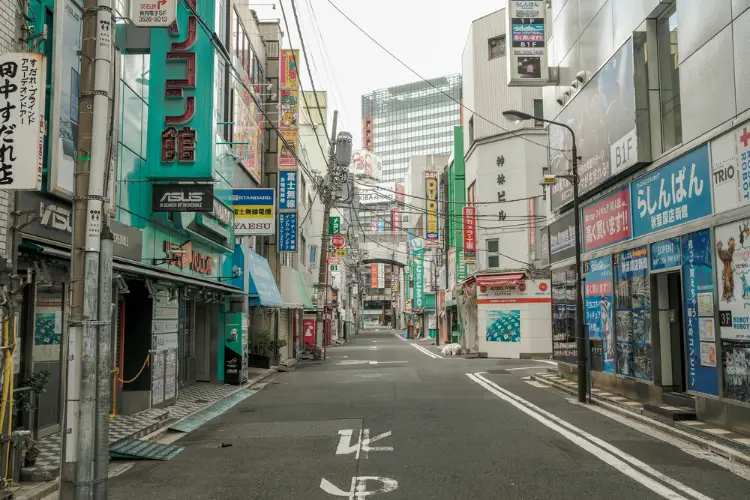
This solo dining culture in Japan contrasts sharply with the prevailing norms in other parts of the world, where dining alone in public often carries a stigma. In Japan, however, dining solo is deeply ingrained in the national ethos and attracts little attention. In this context, Ichiran, the Japanese restaurant for introverts, offers an ideal solution.
While “A table for one, please” is not commonly heard in the West, it is rapidly gaining acceptance. Presently, Ichiran boasts two locations in New York and one in Brooklyn. In today’s technology-driven society, the prospect of dining alone may seem daunting or isolating. However, could it be viewed as a refuge for those who are shy or introverted, allowing them to focus solely on their meal without fear of judgment?
If people do not forget human connections, maybe it is fair to let them eat as they please!














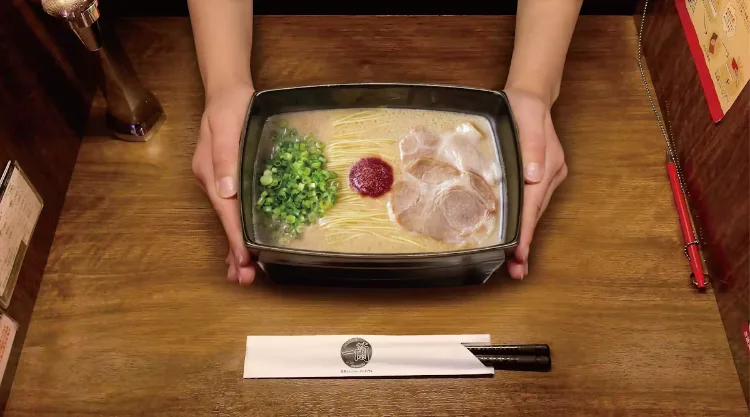






![Picture Before His Death, Lockheed Senior & Former Area 51 Scientist Claimed Aliens, UFOs exist. Pictures Shown As Proof [Video]](https://unbelievable-facts.com/wp-content/uploads/2014/11/snap-340x200-c-default.jpg)

